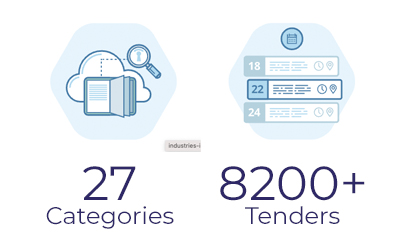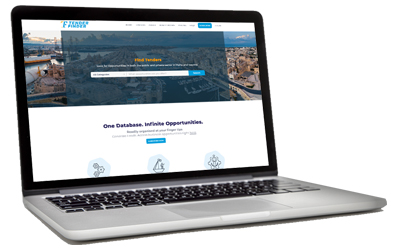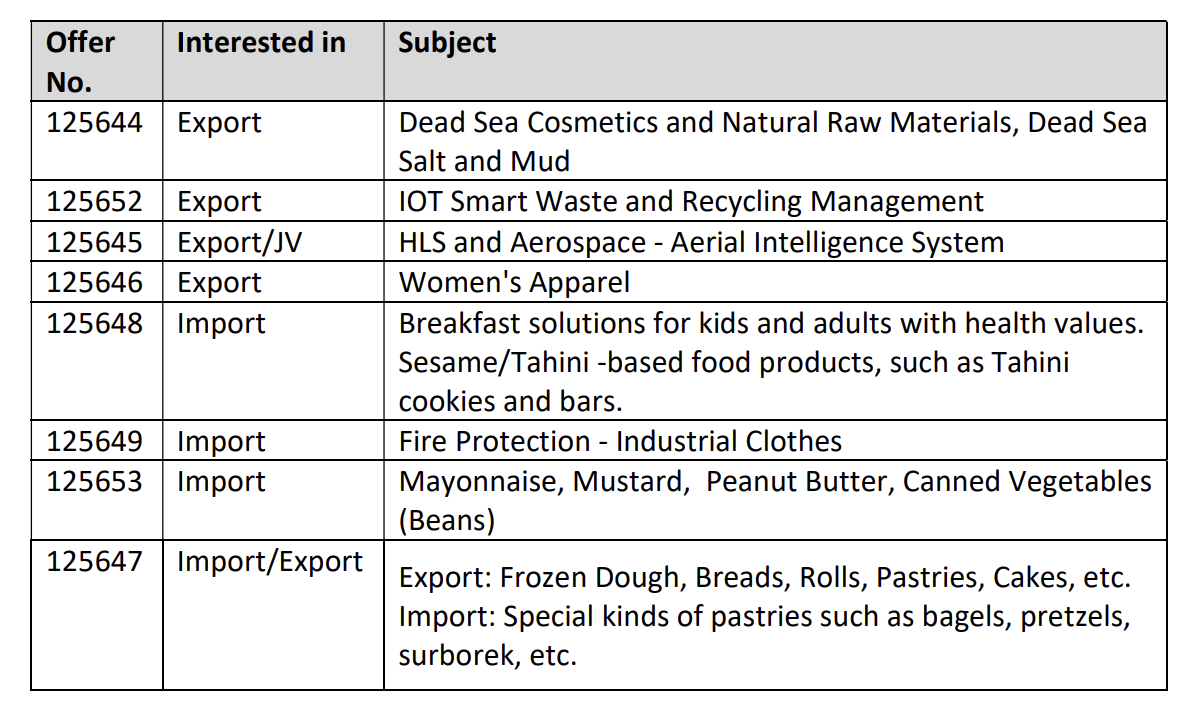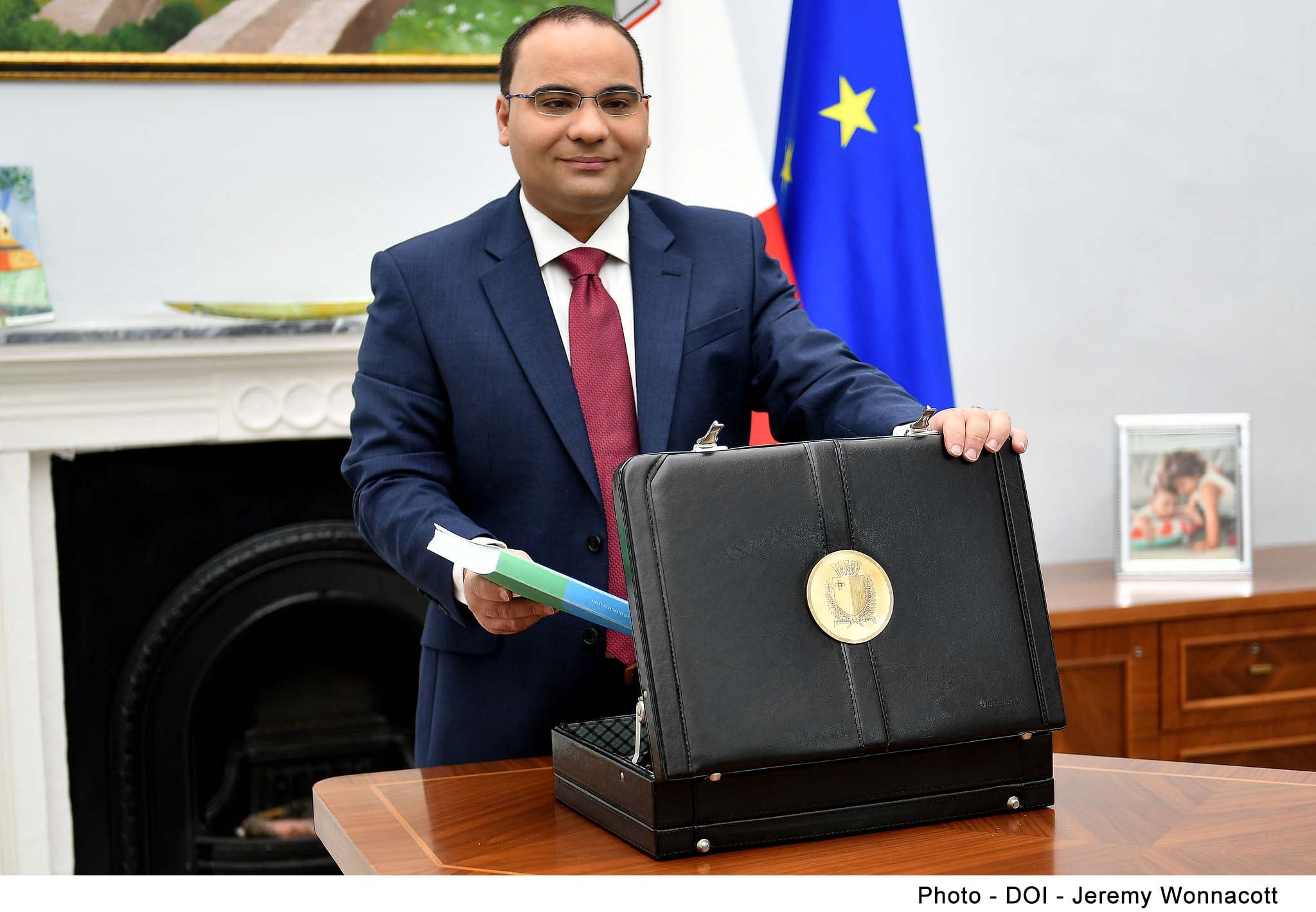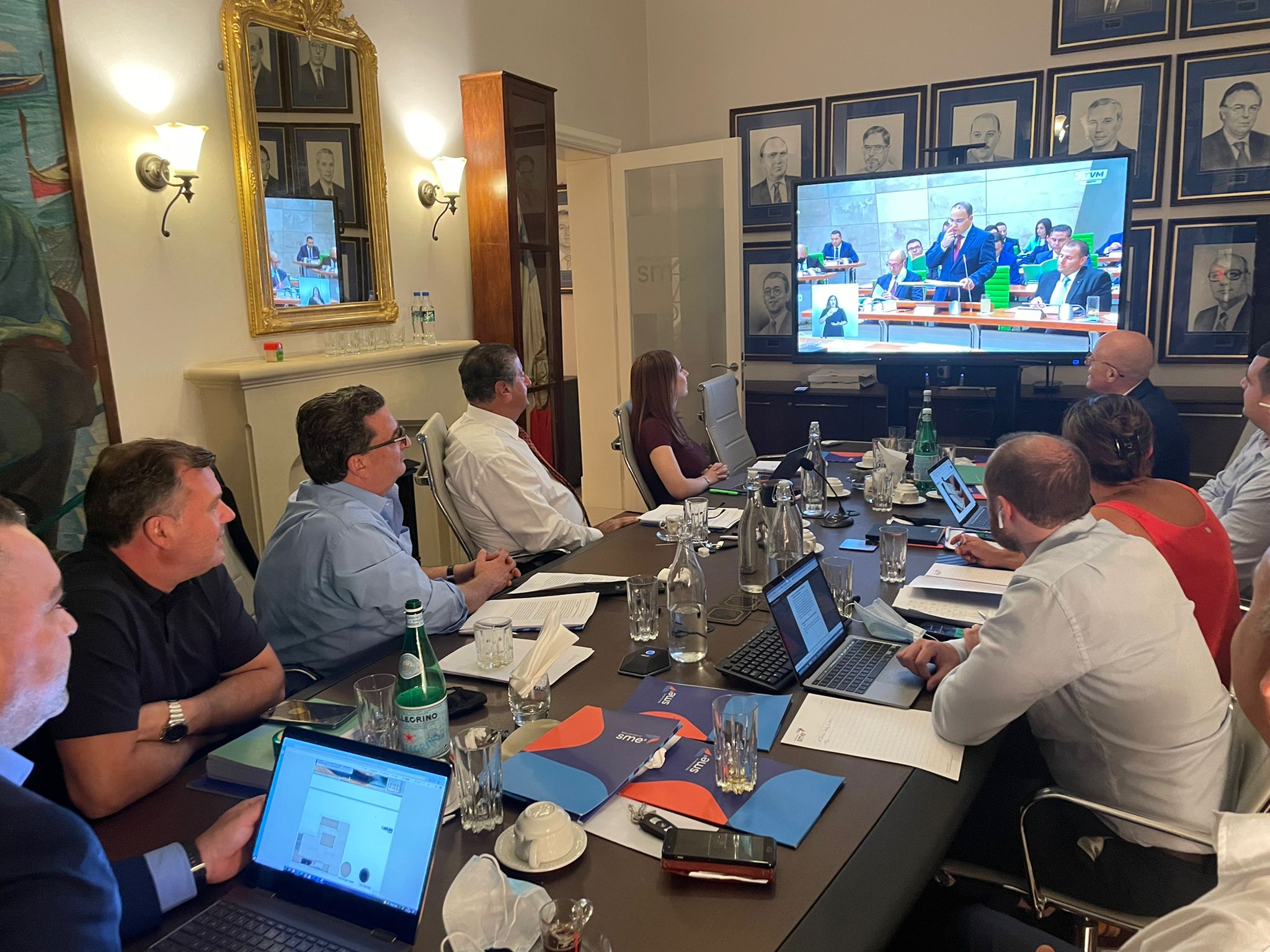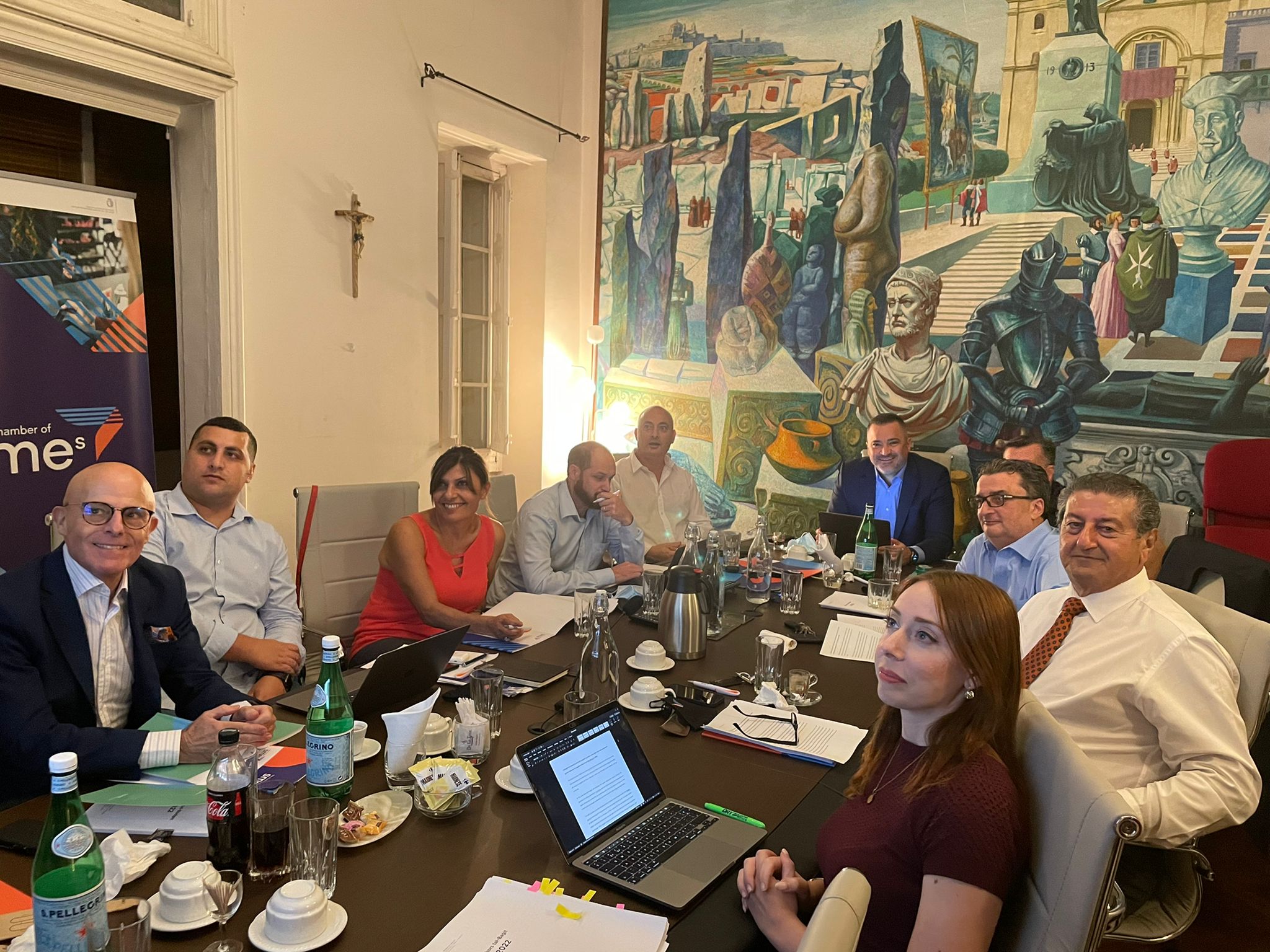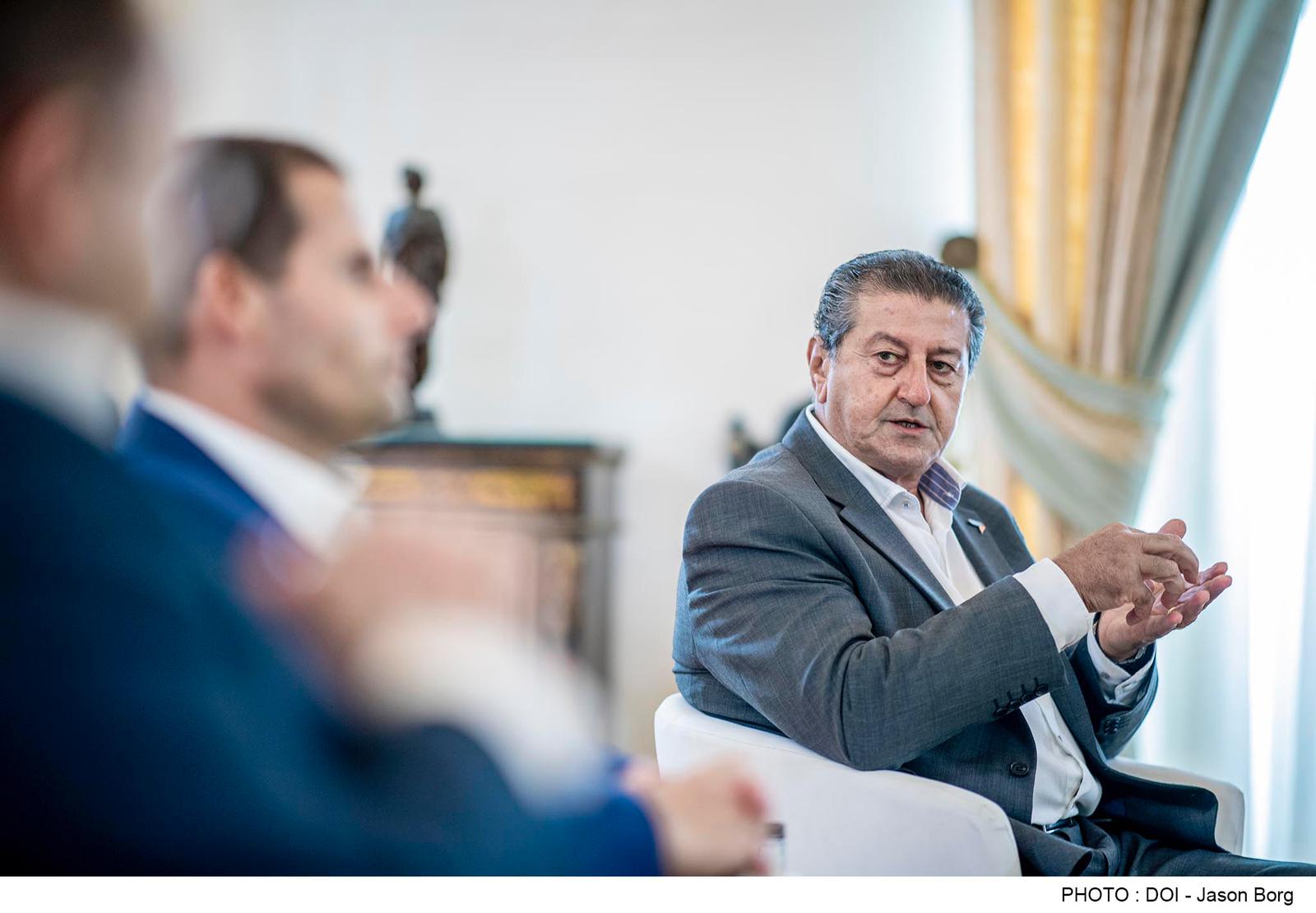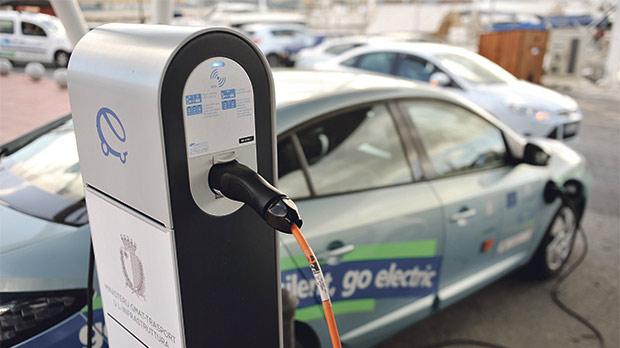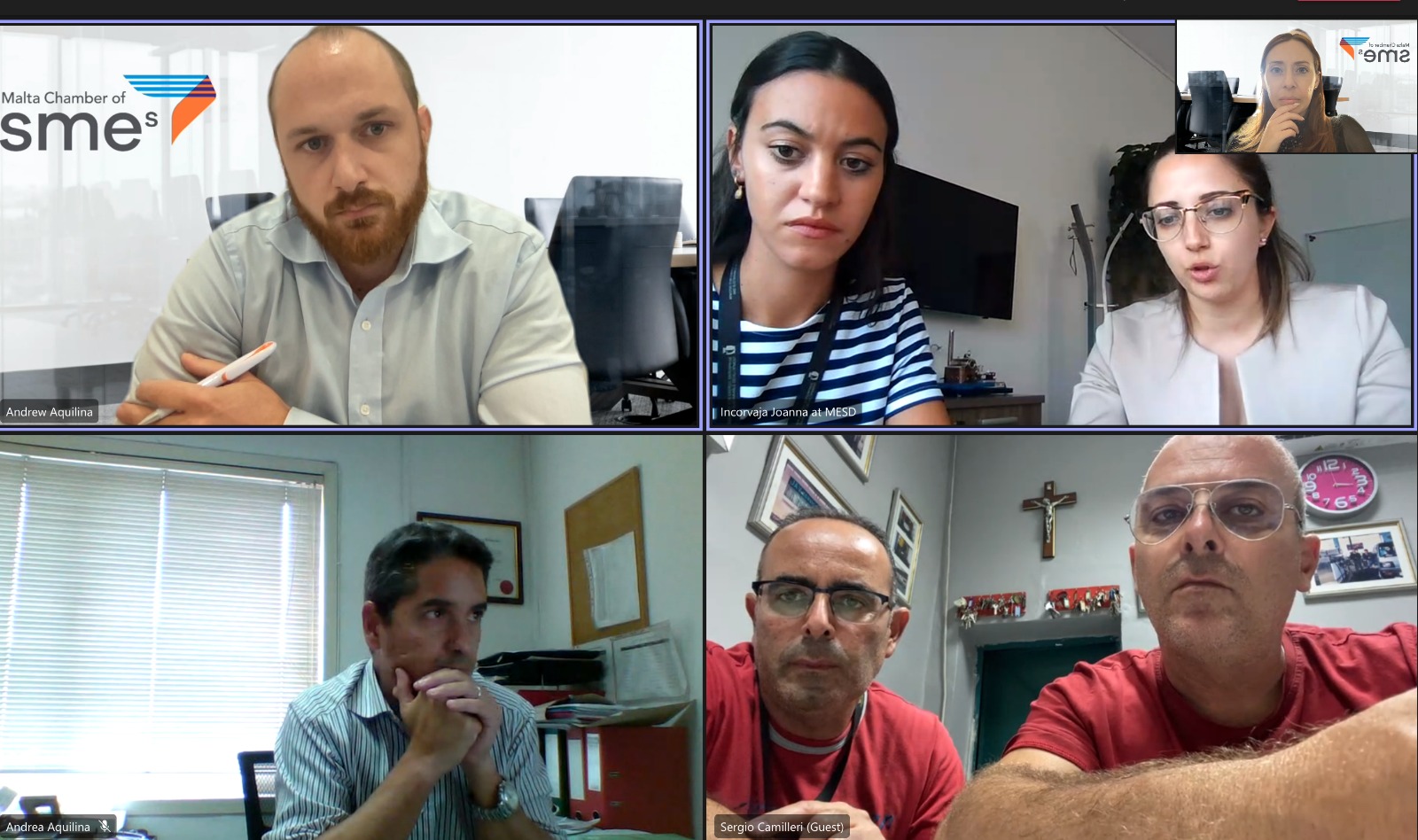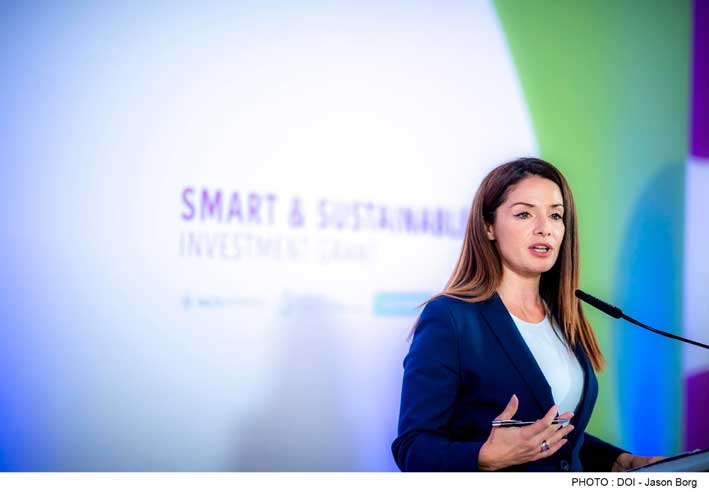The Malta Chamber of SMEs has noted a number of positive initiatives that will aim at pushing both businesses and workers forward. Addressing Malta’s human resources crises the Budget will result in rewards for those choosing to work more through in-work benefits and tax incentives.
At the same time the Budget acknowledges the support businesses require following the pandemic in making investments. The incentives welcome include allowing the transferability of capital allowances, tax benefits on reinvested profits, financing schemes and various other schemes that encourage sustainability and moving towards clean energy amongst others.
The SME Chamber is particularly pleased to see a number of its own proposal being included in this years Budget, namely:
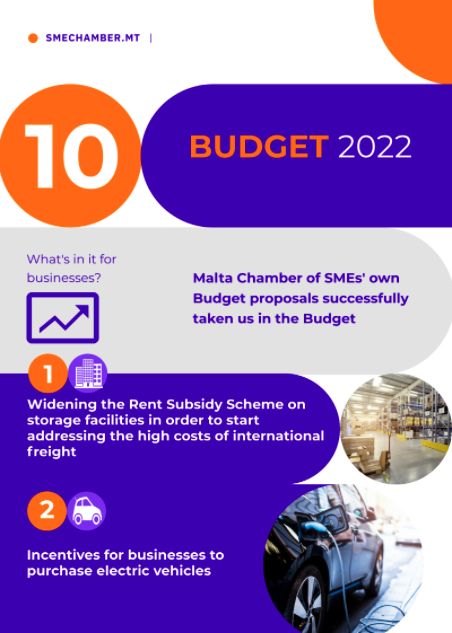
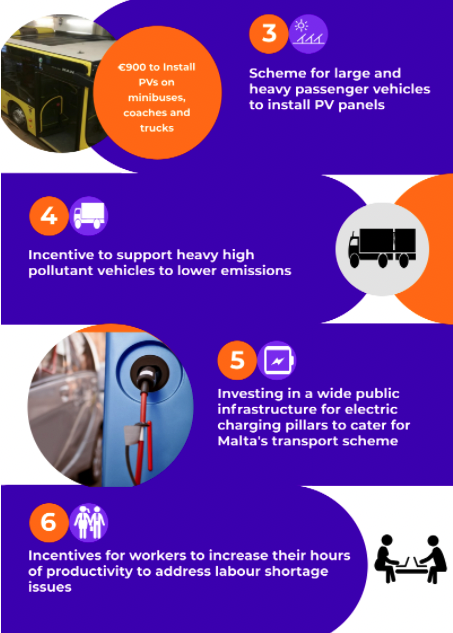
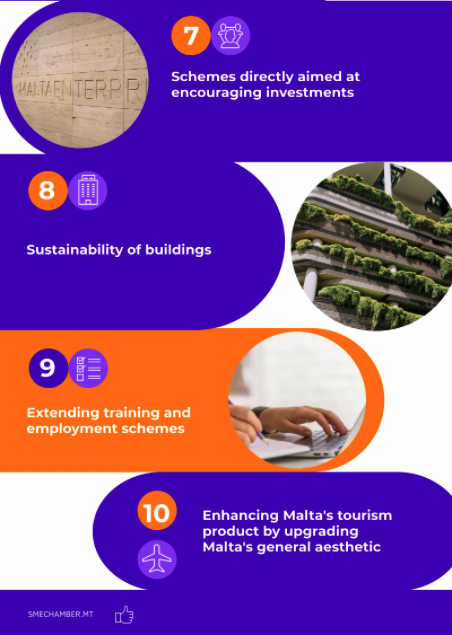
The Budget further explains that work to get Malta out of the Greylisting status is well underway and is expected to yield the desired results. It however falls short in addressing how this Greylisting is affecting the backbone of our economy, Maltese SMEs. During Budget discussions the Malta Chamber of SMEs has emphasised on the importance to assess the additional costs and burdens that are being lumped on SMEs by the various financial and regulatory institutions without a risk-based or proportionality driven approach. Businesses are being punished on a daily basis and it is not acceptable that the greylisting strategy comes at the pure expense of Maltese SMEs.
View a full summary of the Budget highlights for businesses
COLA – €1.75 per week
TAX ARREARS CRACKDOWN – from June 2022 with pledge to end regular amnesties on penalties and interest on unpaid tax increased to 7.2%
PROPERTY – No capital gains tax or stamp duty on the purchase of properties that are more than 20 years old and have been vacant for seven years or more
– First-time buyers of such properties will also receive a grant of €15,000
– That grant doubles to €30,000 for properties bought in Gozo
– VAT up to €54,000 on the first €300,000 spent on renovation works
RENT SUBSIDIES – Extended to cover a wider spread of business sectors
TRANSPORT
– Free public transport for all from October 1 2022
-Maximum grants on electric vehicles increased from €8,000 to €11,000 and €1,000 scrappage scheme
-5 year exemption on license fees for electric vehicles has been extended
-Electric vehicles will remain exempt from registration tax
-1,200 charging points for electric vehicles to be installed in next three years
-A grant of up to €900 for minibuses, coaches and trucks that install photovoltaic panels
-VAT refunds for bicycles and electric bikes continue
FAMILY
-Free childcare services will be extended to evenings and weekends for people working shifts
-Threshold for in-work benefits paid to parents who have children under the age of 23 raised for couples who both work to €50,000, up from the previous €35,000
-For couples where only one of the parents is employed, the threshold is raised from €26,000 to €35,000, while the threshold for single parents is raised from €23,000 to €35,000 per annum
PART-TIME TAX RATE – reduced from 15% to 10%
EXEMPTION ON PENSION INCOME – The maximum amount of exempt pension income will be increased to €14,318.
MORE MONEY IN PEOPLE’S POCKETS
-COLA increase to pensioners, people on social benefits and students
-Tax refunds increased to. between €60 and €140
-Increase in pensions
FAMILY BUSINESSES – Extending 1.5% stamp duty
START-UP VISA– to attract start-ups to Malta
EMPLOYMENT – Incentive to attract workers to Jobs with unattractive hours – € 150 for those whose wage does not exceed €20,000 a year
SUSTAINABILITY
-Schemes for businesses to subsidise the cost of changing existing petrol or diesel engines to electric
-Scheme to encourages businesses to install PV panels on their vehicles.
BUSINESS INVESTMENT
-Able to take benefits from Capital Allowances on Investments carried out in enterprises hit by the pandemic and use them in favour of tax on income on companies that remained sustainable
-Malta Enterprise will start a scheme where a % of the profits that is retained within a business and is invested in the same or another business would receive a tax benefit as long as the investment is completed within 2 years from 2022
-Seed Fund to support researchers and entrepreneurs in developing innovative and sustainable ideas
-MDB’s SME Tailored Facility extended to include green and ecological projects up to a max of €5M
-Sale incentive for enterprises that would have invested in green project to have surplus of Carbon Credits


